On 21st July, on behalf of the Freethinker, I attended the first screening of Vivesini, a southern Indian film by Laburnum Productions. Below is an interview which I conducted via email with the director, Bhavan Rajagopalan.
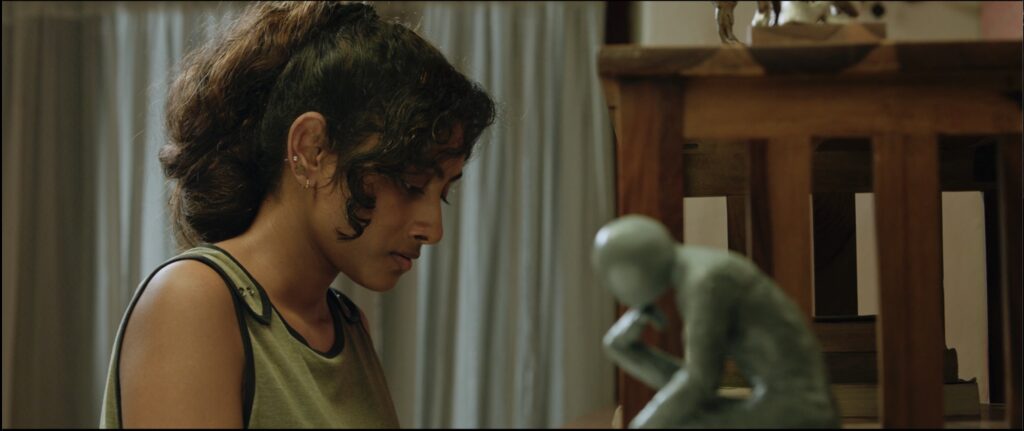
What motivated you to make this film?
It was a personal journey. I was a reckless, irrational individual mainly because I was brought up in an orthodox religious family. I was groomed in a system where everything is holy and a religious significance was attributed to the mundane events of everyday life. My ‘Damascene conversion’ was not from atheism to belief, but the other way round and more slowly. Through constant questioning of my childhood beliefs, seeking answers and analysing empirically, I started feeling liberated from the worldview with which I grew up. I would say that this intellectual enlightenment is what motivated me to make this film. I started viewing the world in the light of rationalism and realised there are so many people, especially in India, who are chained to religious dogma and its associated stigmas. They too need liberation. Film is the most popular form of art. As a filmmaker, I considered it was my responsibility to share my experiences and spread the importance of rationalism in today’s political context.
How long has it been in the making, and what was it like to direct?
We started the production of Vivesini in 2019 November, and had planned to complete it by April 2020 – but then the pandemic hit. We ultimately finished production in 2021 and completed the film in 2022. It was an enjoyable experience to direct Vivesini. I also had the responsibility of ensuring that the film did not come across as propaganda. I believe in art and not in propaganda, because I see art as something that welcomes everyone with open arms, regardless of their beliefs and associations. I think I have done justice to the central idea, which is the importance of rationalism, without disregarding the requirements of mainstream cinema.
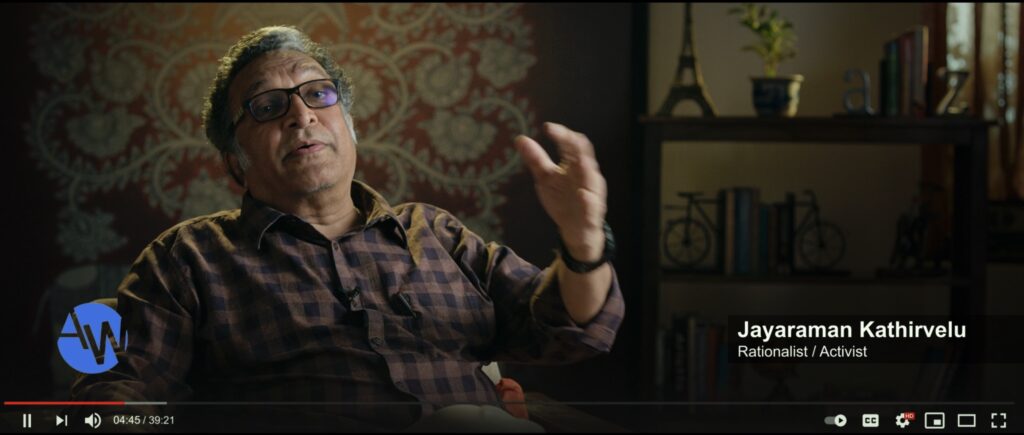
Can you tell us a bit about the actors and why you chose them?
There are five main characters in the film, including the protagonist, Shakthi. All the other four characters act as a catalyst to her. For Jayaraman, I originally had two actors in mind. In the end, I was delighted to recruit the actor Nasser, who is based in Chennai, and already had a similar outlook on life to Jayaraman. Nasser has been the focal point of Vivesini ever since.
For the character of Clara, I had few figures in mind, all of whom were activists. In particular, I wanted a tall, dark personality who could resonate with the ideas of Clara Zetkin. I met Mekha Rajan and briefed her about this character. We had already worked together on another project before, so I knew her strengths. Mekha was known for her sweet on-screen demeanour and was very popular among television viewers, thanks to the many adverts in which she was cast either as a doting mother or a devout wife. This was the main reason why I chose her – because Clara is exactly the opposite.
Kavya, who plays Shakthi, had no major experience of working in a film before. But her confidence and the audition she gave for Shakthi were tremendous. I was looking for a pair of eyes that were constantly searching for answers and a sense of exhaustion in her expression from that constant searching. We were able to capture that mood throughout. Kavya really identified with Shakthi’s journey, and this is reflected on screen.
Vanessa Stevenson played the cameo role of Alice Walker. I had worked with Vanessa during my postgraduate days in Kent. The main challenge I faced while writing Alice’s part was the number of stunt sequences involved. So I needed an actor who could trust me when she was required to hang thirty feet off the ground from an industrial crane. Vanessa, an experienced actor from London, did just that. And she is so convincing as Alice Walker.
For Charles Aniefuna, we had initially shortlisted an actor from Hollywood. But due to a last-minute date clash he withdrew, and we had to look for an African American actor with considerable experience. When Gary Cordice sent in his reel I was thrilled, because he was exactly the figure I had in mind. However, he was British, with a strong British accent. We worked on his American accent for three months and finally took him on board. Charles Aniefuna’s ancestors are from Africa and his great-grandfather was a tribal leader of a clan. Charles carries the same passion and spirit about nature that his ancestors had. I saw all of this in Gary.
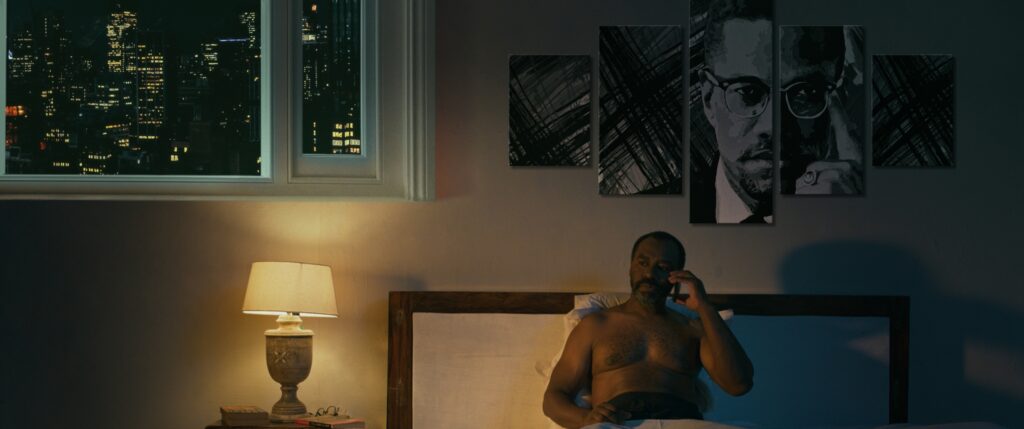
How did you come up with the plot?
I come from a place where writers, journalists, academics and intellectuals who express rationalist views are threatened and even killed by religious mobs in the name of protecting their religious beliefs. To take but one among so many instances, when my state’s elected representative, M. Karunanidhi, once remarked that a deity was a fictional mythological character, the right-wing politician Ram Vilas Vedanti suggested that it would be praiseworthy to behead him and cut out his tongue. Other extremist religious organisations endorsed this view.
The far-right political narrative has been on the rise across the world in the last few years; it especially seems to have started targeting science, free speech, free thought, and radical and secular ideas. Look at the recent attack on Salman Rushdie, or several recent attacks on Indian rationalists. When these irrationalist forces seep into power structures like the legislature, judiciary and constitutional framework, then they can push human civilisation back by several centuries, and have a particularly negative effect on women and, in India, people from the lower castes.
To answer your question on how I came up with the plot, I see the plot in terms, as it were, of a fall from a cliff. And I am standing on the edge of the cliff called ‘society’, and these social issues keep bombarding me one after the other, pushing me off the cliff, and I eventually landed on this plot. This plot is my destination. My journey as an individual seeking answers has made me land here.
What are the key things you would like your viewers to take away from it?
Above all, I want them to be persuaded of the importance of rational thinking and free thought, the value of standing against oppression in any form, and the importance of welcoming progressive ideas that can liberate humanity from the restrictions of narrow religious worldviews. But there are also other themes that I hope the viewers will be able to absorb – in particular, the way in which anthropology can help us understand human development over thousands of years, and the need to liberate ourselves from the religious beliefs, rituals and customs that arose at an early stage of humanity’s development.
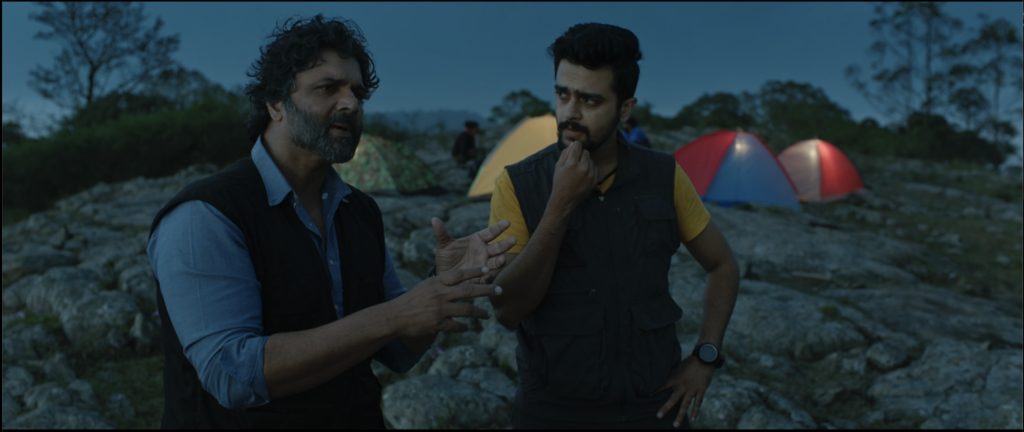
Where does the title come from, and what is the connection with the Freethinker?
As a result of globalisation, the world has grown smaller. Technology, infrastructure, culture, recipes, fashion, and so forth reaches the other side of the world almost instantly – whether for better or worse. Almost 140 years ago, a progressive, radical freethought movement travelled thousands of miles from London to British Madras (now Chennai) in less than a year, without the internet. In 1881, G.W. Foote founded the Freethinker. In 1882, the magazine inspired a group of people in British-ruled Madras to start a progressive journal called The Thinker in English and Tattuva Vivesni in Tamil. ‘Athipakkam’ Venkatachalam (a rationalist who took the name of his village as his first name) was the leading contributor to Tattuva Vivesini. This journal was published from 1882 to 1888, after which it disappeared for lack of patronage.
In 2019, I made Vivesini, which talks about the resurgence of rationalism in Chennai, and in which a fictional character, ‘Jayaraman’ was presented as Athipakkam Venkatachalam’s great grandson. Alice Walker, a fictional character whose great-grandmother (in the film) worked with Charles Bradlaugh, revives the spirit of enlightenment in Shakthi. In July 2022, the very first private screening of Vivesini was held in Conway Hall, in the presence of members of the National Secular Society, of which Bradlaugh was the first president, and the editor of the Freethinker. I am delighted to witness the reconnection of the Freethinker magazine and Tattuva Vivesini through the art of cinema. For me, this symbolises the resurgence of enlightenment in Chennai.
How prevalent is superstition in southern India today?
Superstition is part and parcel of any average Indian’s outlook. For instance, numerous events, from taking the oath in the legislative assembly, to launching rockets or even writing the code for a new piece of software, are required to be done on an ‘auspicious’ date and even at an ‘auspicious’ time of day. We make the most important and crucial life decisions based on superstitious beliefs. We look to auspicious dates, days and times even for things like medical procedures. But in recent years there has been a movement to reinterpret these superstitions and irrational beliefs as ‘science’ – a sort of ‘science’ that is thousands of years old and was in use by our ancestors. Any scientific explanation or objection to these practices is considered blasphemous, and critics are likely to face retribution from religious leaders.
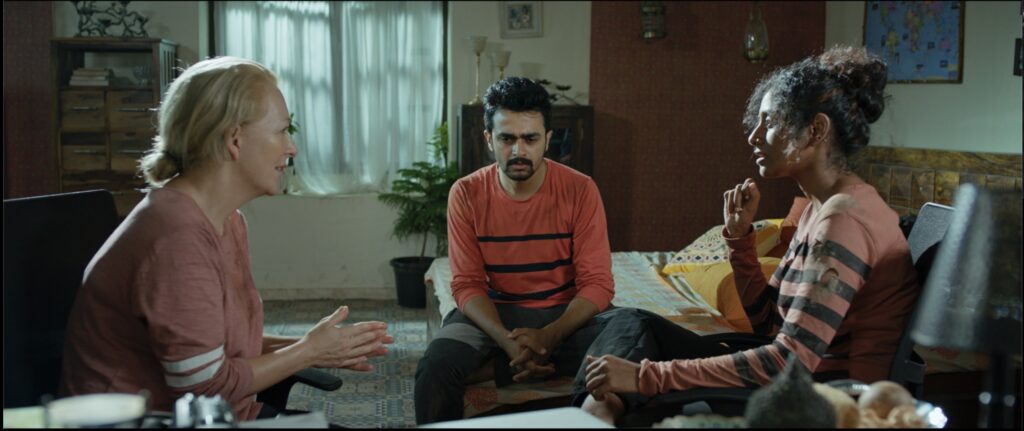
For you, how is freethought connected to political activism?
Vivesini considers some of the ways in which free thought can lead to political activism. Shakthi is brought up by a rationalist father who advocates freethought. But it is not until she is grown up and starts to ask questions that she frees herself of illusions about what happened to her parents in the past, and ends up as an activist, as they were.
Thinking freely, rationally and without being constrained by religious superstition can lead to political secularism. Historically, the freethought, rationalist and secularist movements have fought for the separation of church and state, paved the way for industrialisation and been criticised by religious leaders for questioning the established order. In our era, political activism plays an important role in creating consciousness about environmentalism, the decentralisation of power, sustainable energy, gender equality and so on. And where there is freethought there is political activism.
What is the future of secularism in south India?
The British rule of India was marked by many shadows. However, I see introduction of freethought and progressive, reformist ideas as the silver lining during this period. The rationalist movement started by the Madras Secular Society gained further momentum during the Dravidian movement. Just as the work of Satyajit Ray (1921-1992), a progressive filmmaker from Bengal, reflected the years of social reform in Bengal, the Dravidian school of reformism gave birth to Dravidian cinema, which started propagating secularist and rationalist ideas through films.
Southern India, especially Tamil Nadu, has always been receptive to progressive ideas, and it continues to do so. Here in Tamil Nadu, the representatives of Dravida Munnetra Kazhagam (DMK), a rational political party, still consciously follow Charles Bradlaugh’s example of refusing to take a religious oath when assuming office. Four Chief Ministers who hail from the Dravidian movement, C.N. Annadurai, M. Karunanidhi, M.G. Ramachandran and M.K. Stalin, have followed this secular method of taking the oath.
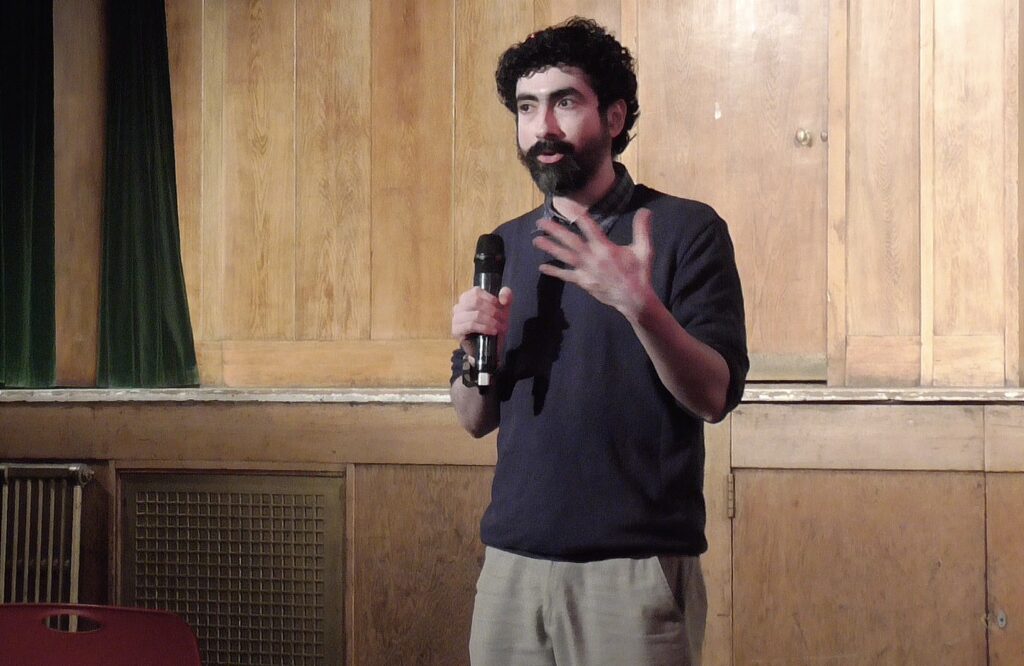
What’s next after Vivesini – do you have plans for a sequel?
I am first planning to screen Vivesini at certain universities and educational institutions in the UK and US, and then release it commercially in India. I have no plans for a sequel, but am looking at producing films that can break the current trend in the Indian film industry, which, although technically and aesthetically advanced, is presenting increasingly regressive ideas that go back to pre-modern times. This reflects the current mood in national politics, in which people in power are reintroducing ancient religious beliefs and adapting them to present circumstances. Anything that was preached or followed or propagated centuries ago is not automatically holy. We tend to associate ideas that are thousands of years old with sanctity. But I would argue that such ideas were formed when humankind was in its childhood stage; we are now, as it were, in humanity’s middle age and fighting the trauma we had during our childhood. But the point is that these beliefs are primitive and should not be venerated merely because they are very old. To break this pattern, I am looking at injecting progressive thoughts into people’s minds through my films.
Enjoy this article? Subscribe to our free fortnightly newsletter for the latest updates on freethought.


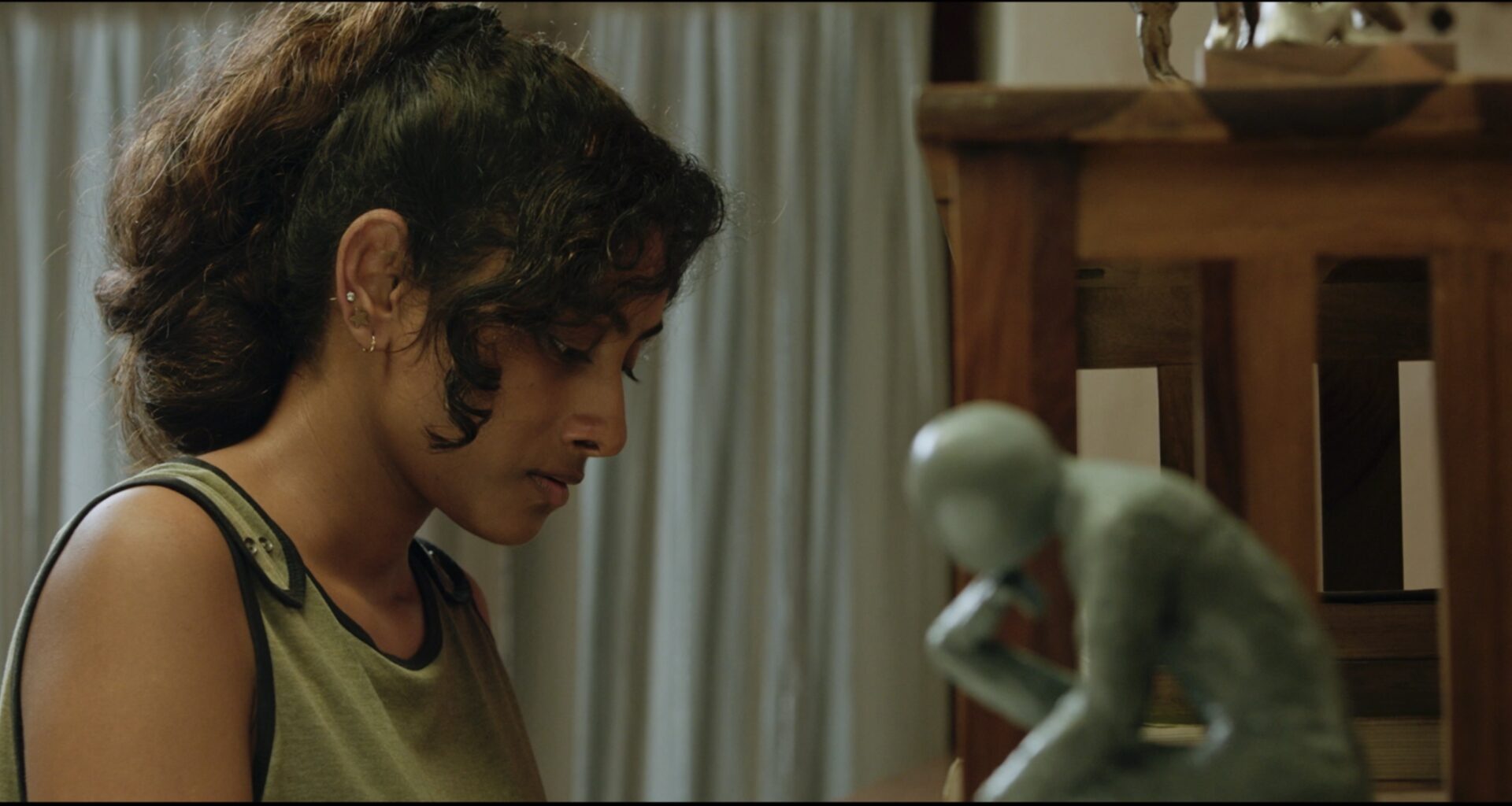


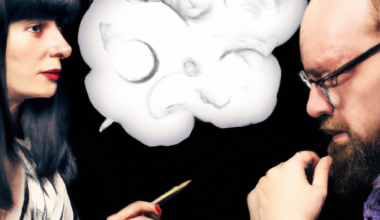

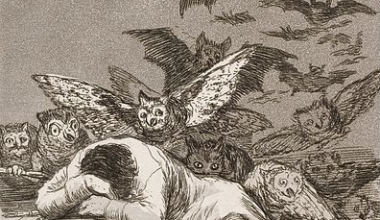

Your email address will not be published. Comments are subject to our Community Guidelines. Required fields are marked *
Donate